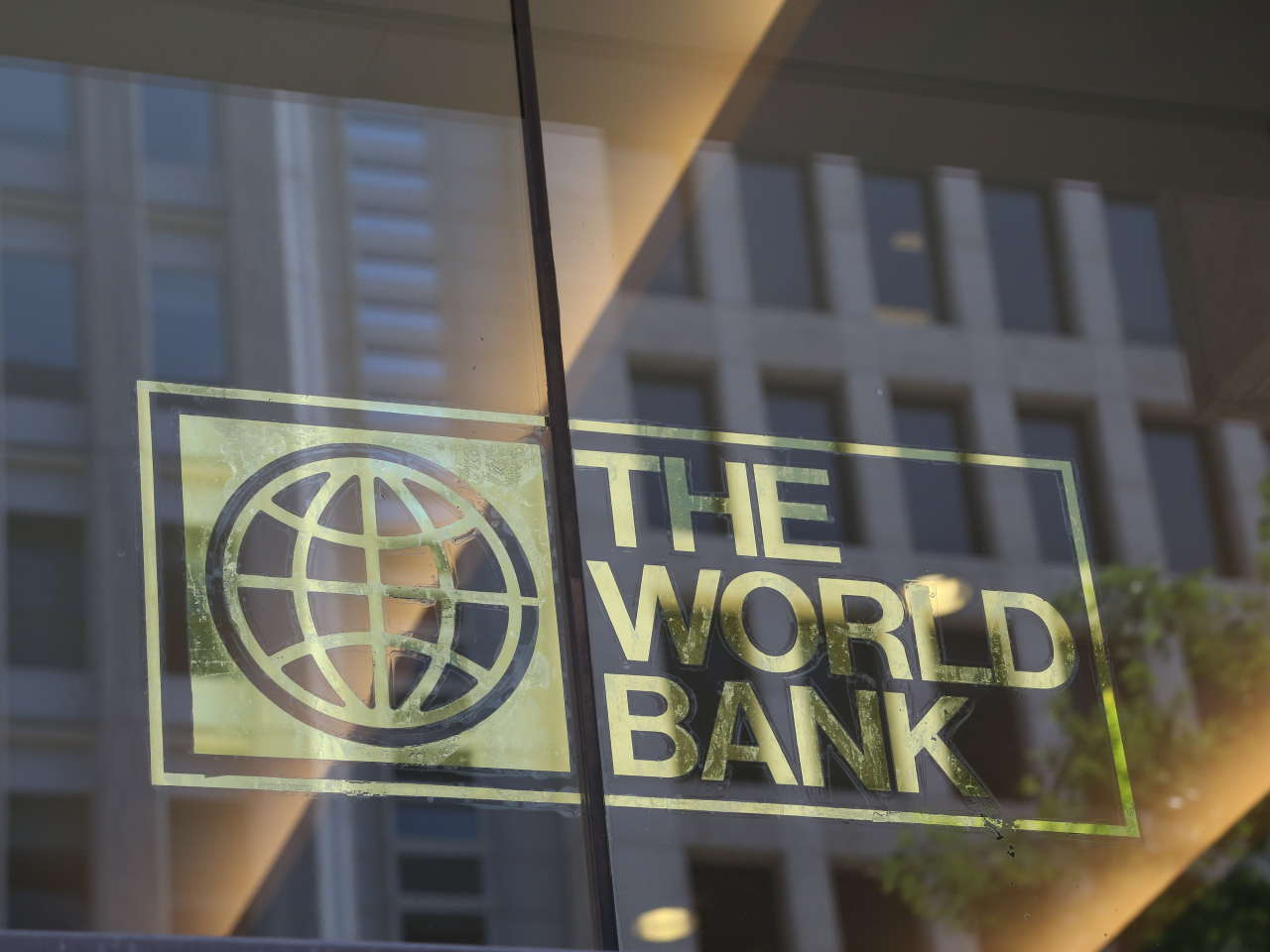Baku, Azerbaijan, Nov.9
By Azad Hasanli - Trend:
Climate change is already preventing people from escaping poverty, and without rapid, inclusive, and climate-smart development, together with emissions-reduction efforts that protect the poor, there could be more than 100 million additional people living in poverty by 2030, according to a new World Bank (WB) Group report.
"Poor people are already at high risk from climate-related shocks, including crop failures from reduced rainfall, spikes in food prices after extreme weather events, and increased incidence of disease after heat waves and floods," noted the report.
Such shocks could wipe out hard-won gains, leading to irreversible losses, driving people back into poverty, particularly in Africa and South Asia, according to the WB analysts.
The report finds that the poorest people are more exposed than the average population to climate-related shocks such as floods, droughts, and heat waves, and they lose much more of their wealth when they are hit.
"In the 52 countries where data was available, 85 percent of the population lives in countries where poor people are more exposed to drought than the average person," claimed the WB. "Poor people are also more exposed to higher temperatures and live in countries where food production is expected to decrease because of climate change."
The report, released a month before negotiators gather in Paris for international climate talks, shows how ending poverty and fighting climate change can be more effectively achieved if addressed together.
Agriculture will be the main driver of any increase in poverty, the report finds.
"Modeling studies suggest that climate change could result in global crop yield losses as large as 5 percent by 2030 and 30 percent by 2080," the report pointed out. "Health effects-higher incidence of malaria, diarrhea, and stunting-and the labor productivity effects of high temperatures are the next-strongest drivers."
The impact of climate change on food prices in Africa could be as high as 12 percent in 2030 and 70 percent by 2080-a crippling blow to those nations where the food consumption of the poorest households amounts to more than 60 percent of total spending, according to the WB report.
In focusing on impacts through agriculture, natural disasters, and health, the report calls for development efforts that improve the resilience of poor people, such as strengthening social safety nets and universal health coverage, along with climate-specific measures to help cope with the changing climate, such as upgraded flood defenses, early warning systems, and climate-resistant crops.
At the same time, the report says an all-out push to reduce greenhouse gas emissions is needed to remove the long-term threat that climate change poses for poverty reduction.
"Such mitigation efforts should be designed to ensure that they do not burden the poor," the report noted. "For example, the savings from eliminating fossil fuel subsidies could be reinvested in assistance schemes to help poor families cope with higher fuel costs."
In poor countries, support from the international community will be essential to accomplish many of these measures, according to the report.
"This is particularly true for investments with high upfront costs, such as urban transport or a resilient energy infrastructure, that are critical to prevent lock-ins into carbon-intensive patterns," stated the WB report.






